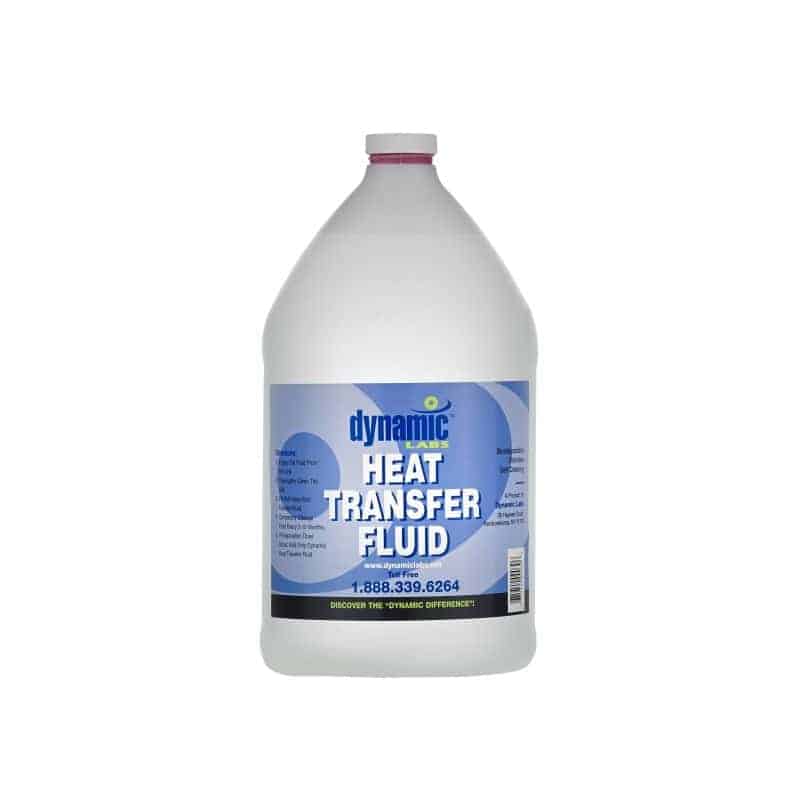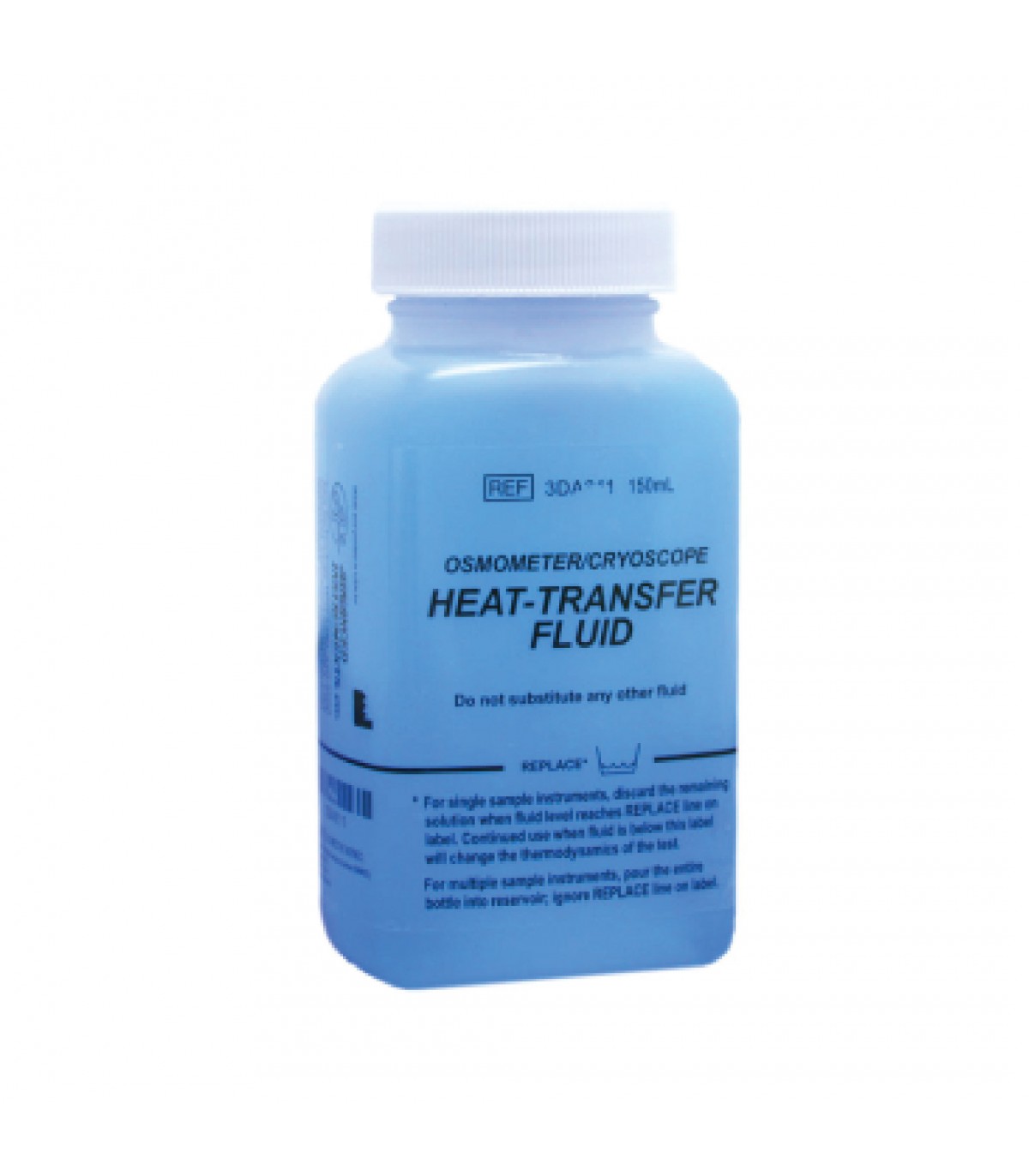Heat Transfer Fluid: Crucial for Enhancing Industrial Heating and Cooling Solutions
Heat Transfer Fluid: Crucial for Enhancing Industrial Heating and Cooling Solutions
Blog Article
Why Warm Transfer Fluid Is Very Important for Optimizing Energy Transfer in Equipment
The function of warmth transfer liquids in optimizing energy transfer is crucial for accomplishing reliable thermal administration across numerous industrial industries. These liquids promote smooth warm exchange, guaranteeing processes operate within optimal temperature varieties and minimizing the threat of overheating. Their option, based on aspects like viscosity and thermal security, straight affects the efficiency and sustainability of a system. The complexities of picking the ideal liquid are typically underestimated. What are the crucial factors to consider for this choice, and exactly how do they impact both financial performance and ecological duty in industrial applications?

Role in Thermal Monitoring
Warmth transfer fluids play a vital duty in thermal administration by successfully regulating temperature levels in various commercial processes and systems. These specialized fluids assist in the transfer of warmth between various parts, guaranteeing optimal operating conditions and avoiding overheating. By keeping precise temperature level control, warm transfer liquids enable industries such as chemical manufacturing, oil and gas, and power generation to run safely and successfully.
The selection of a proper heat transfer fluid depends upon a number of factors, consisting of thermal security, warm ability, and thickness. High thermal stability makes certain that the liquid can hold up against severe temperatures without deteriorating, while a high warm capability allows it to soak up and release significant quantities of heat - heat transfer fluid. Reduced thickness minimizes the power needed for pumping, adding to overall system effectiveness
In addition, heat transfer fluids are essential in applications like refrigeration, where they assist soak up and dissipate warm throughout the cooling cycle. In solar thermal power systems, these liquids capture and transportation solar heat to generate power or give warm water. Their versatility to varied operating problems and capability to maintain regular thermal efficiency emphasize their significance in commercial thermal monitoring, helping with operational connection and improving precaution.

Enhancing System Efficiency
To optimize the benefits of thermal administration, improving system performance through the calculated use of warm transfer liquids is extremely important. These fluids play an important duty in maximizing energy transfer by promoting consistent thermal regulation, which subsequently affects the total efficiency and longevity of systems. Efficient warmth transfer causes lessened energy losses, reduced operational prices, and enhanced dependability of equipment. By maintaining optimal temperature levels, warmth transfer liquids help make certain that systems run within their made criteria, therefore preventing overheating and reducing the danger of component failure.

Sorts Of Warmth Transfer Fluids
The diversity of heat transfer fluids highlights their crucial duty in a series of industrial applications, each tailored to meet details thermal administration requirements. These fluids promote effective power transfer and are picked based upon crucial residential properties such as thermal stability, viscosity, and warmth capacity. The key kinds include water, glycol solutions, oils, and synthetics, each offering unique advantages.
Water is the most usual heat transfer medium due to its high particular warm ability and low price. Mineral oils are preferred for their thermal why not try here security and non-corrosive nature, making them ideal for high-temperature applications.

These fluids make certain premium performance in systems where typical liquids might stop working. The choice of a warmth transfer fluid is critical, as it affects system performance, security, and longevity.
Environmental and Economic Advantages
Utilizing the ideal warmth transfer liquids supplies significant ecological and financial advantages for commercial procedures. Ecologically pleasant heat transfer liquids, commonly naturally degradable and safe, reduce the threat of soil and water contamination in the occasion of leaks or spills, consequently protecting ecological communities and conforming with rigorous environmental regulations.
Financially, the appropriate heat transfer fluid can dramatically decrease functional costs. Fluids with extensive lifecycle performance decrease the regularity of substitutes and upkeep, minimizing downtime and linked prices. In general, the critical usage of optimal heat transfer fluids supports sustainable financial growth and environmental stewardship.
Picking the Right Liquid
How does one browse the intricate process of picking the right warmth transfer liquid for industrial applications? Thermal stability guarantees the fluid can hold up against high temperatures without deteriorating, while compatibility stops click for more info deterioration or other harmful reactions with system elements.
In addition, the liquid's heat capacity and viscosity are critical. A high warm capability permits the liquid to soak up and move even more power, boosting performance. Meanwhile, optimal viscosity ensures minimal pump work and effective warmth transfer, specifically in differing temperature levels. Environmental and safety aspects need to additionally be component of the decision-making procedure. Safe, naturally degradable fluids decrease environmental impact and adhere to governing requirements, lessening obligation dangers.
Verdict
The critical choice and application of heat transfer liquids are essential to optimizing power transfer across various systems. By ensuring high thermal security and capacity, these liquids offer precise temperature level control and improve total system performance. This optimization adds to lowered operational costs and lower greenhouse gas discharges, hence advertising sustainability. The selection of fluid, tailored to particular viscosity and functional needs, is critical for making best use of performance and accomplishing financial and ecological benefits in commercial procedures.
Report this page